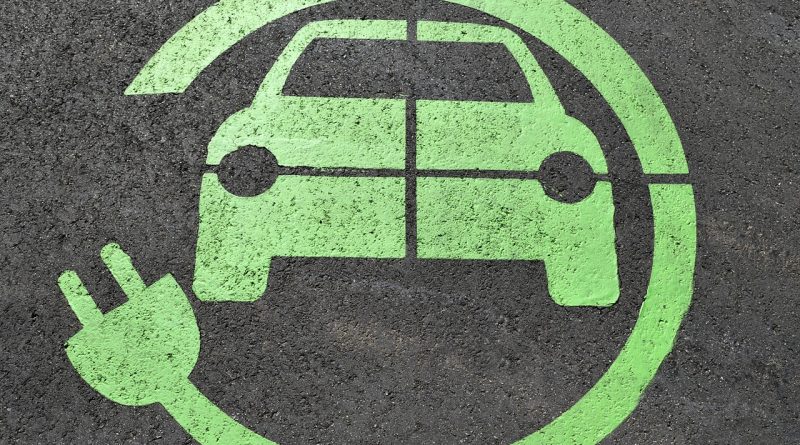FAA Orders 10 Edyne All Electric Vans
Electric vehicles are still somewhat new to the market, but that does not mean that they are nonexistent for it. Businesses are slowly starting to take notes of the environmental benefits of all electric trucks, vans, and cars, and they are using those benefits as inspiration to start acting in a more “green” fashion. GreenGo Tek (GGT Electric) has been a long known name in association with electric vehicle technology, and as a result, these inspired businesses have turned to GGT to get the cars for their businesses. They want an environmental solution, and GGT can provide just that.
Recently the FAA ordered an amazing ten Edyne all electric vans for use with their business. This is a huge step in the right direction for the environment as the FAA makes an effort to stop the use of gasoline and diesel fuels. All they have to do with the vans they got from GGT is plug them in at night. They never have to replace fuel again, nor do they have to pay for the ridiculous prices for gas. They can save money and the environment at the same time, and luckily, you can too.
The Edyne line of GGT Electric vehicles are designed more for businesses like the FAA. They are not necessarily made for general customers to use. If you are in need of a vehicle and trust GGT just like the FAA did, you may look into one of their retrofit models instead. Those are vehicles that were originally made to be gas powered but have been converted to electric power for environmental purposes. These are cars you could easily recognize, like Mini Coopers and PT Cruisers. They have just taken on a whole new function and personality. Never underestimate what that could mean for you.
If you want to know more about the vans that the FAA ordered, they come standard with five seats that can be converted into cargo space if need be. They have an ample amount of storage in them for just about any business to use, and they can hold over 1000 kg in weight. These vehicles are not meant to drive more than 25 miles per hour, but they are still plenty sufficient for what the FAA needs them for. They can last eight to ten hours in one charge, making them plenty capable of handling a day’s work as it comes along.


